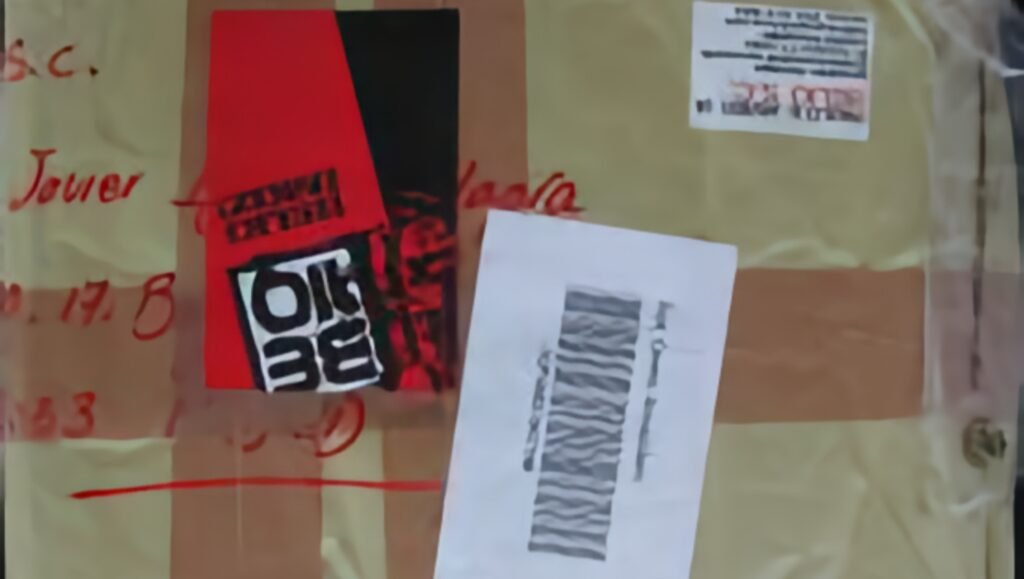
Another week, another shooting. Another mass shooting — a horrible, unthinkable, unimaginably terrifying act of inhumanity aided by a fringe-boosted gun culture that thinks banning — or even limiting access to! — assault rifles are, I don’t know, a slippery slope to the Harvesters from The Matrix shoving us all in pods. Little kids — children! — were most of the victims. Once again. Seriously, I just typed “once again.”
I wish I were a more seasoned writer as I want to write about this but I don’t know how. I want to write about the horror that this could happen to my nieces or my friend’s kids at school, or to my wife or mother or me while grocery shopping. It’s unlikely but it sure seems likely.
I want to write about the frustration of knowing nothing’s going to happen to prevent other children or people from being harmed. That the ‘well if we just arm teachers’ line is going to be trotted out again by the same people who won’t allow firearms at their convention. And that those people have paid for indifference from those who could actually do something. Meanwhile, the ones supposedly on our side won’t take hold of the narrative and force some political accountability. It’s infuriating, it’s scary. I don’t have the aptitude to write through this.
Oh, and I want to write about the guns. They are the problem, full stop. The nonsensical culture around them is a part of that problem. The lobbying and money pouring into the political system is a part of that problem. The excuses made in public by those who know better are another part of that problem. But it all stems from guns.
My dad was a gun guy, a lifetime member of that organization I mentioned above that won’t allow firearms at their party. And he thought assault weapons should be banned. Most gun guys do. So why is there a problem? That’s the least of what should happen, what should have happened a long time ago.
Maybe someday I’ll get my writing chops in gear and lay down a moving essay that’ll make me feel a smidgen better. But for now, I’m angry. This is a broken, demolished country and it’s impossible to see it any other way. The fact others don’t get this — or are ‘let’s burn it all down’ psychopaths— is pure gaslighting.
It feels like I’m screaming inside. Like all the time.
Here are a couple of commentaries from two of my favorite newsletter writers that I hope you’ll click and read in full:
Since at least 2016, I’ve been asking myself: what am I willing to do? So far the answer is protest, when there’s a protest happening. I quit my job, and I encourage others to quit their jobs when I get a chance. I vote, for all the good that does. So in total: I’ve done nothing.
[…]
The truth is, I don’t know what to do. I hugged my own third grader goodbye this morning and sent her off to school. The middle school she’ll attend in three years is remote today because they discovered “threats” in a bathroom. We live in a country where statistically, until age 19, she is most likely to die of a gunshot wound. So what am I willing to do? Anything.Tell me what to do.
The dilution of votes in cities is the point, and so long as the minority remains in power, it will continue to make laws (and judgments) that protect against its erosion. Voter registration campaigns are not enough. Reciprocal gerrymandering strategies, not enough. If, in a state like Idaho, you go through the initiative process to try and pass legislation (like Medicaid expansion) that’s actually popular, then the legislation will rewrite the laws to prevent it from ever happening again.
It’s not enough to live in a blue state. It’s not enough to try and send your kids to private school. It’s not enough to donate to an abortion fund. It’s not even enough to have money, or a home, or an education. Privilege can insulate you from the hostility of American society but it cannot ultimately save you from it. Collective and individual action feel impotent. The idea of representative democracy comes to feel like a farce.
[…]
Voting, on its own, will not be enough to change that. We have to decide: what will be?



